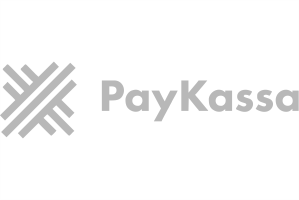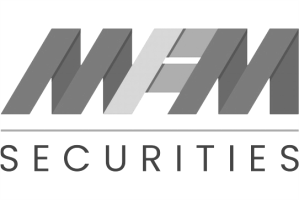| Name of service | Bronze | Silver | Gold |
|---|---|---|---|
 Company name verification and reserve Obtaining approval from the registrar by company name.
Company name verification and reserve Obtaining approval from the registrar by company name.
|

|

|

|
 Company registration including government fees Preparation of a full package of documents depending on the chosen form of ownership, cooperation with the relevant authorities of the given jurisdiction until receipt of registration documents.
Company registration including government fees Preparation of a full package of documents depending on the chosen form of ownership, cooperation with the relevant authorities of the given jurisdiction until receipt of registration documents.
|

|

|

|
 Set of constituent and registration documents Preparation of a full package of constituent documents of a company of any form of ownership in accordance with the laws of this jurisdiction.
Set of constituent and registration documents Preparation of a full package of constituent documents of a company of any form of ownership in accordance with the laws of this jurisdiction.
|

|

|

|
 Legal address for 1 year We provide a legal address for your company in this jurisdiction, eliminating the need to purchase or rent
Legal address for 1 year We provide a legal address for your company in this jurisdiction, eliminating the need to purchase or rent
|

|

|

|
 Support in opening an account Preparation of the necessary package of documents and opening a corporate or personal company account.
Support in opening an account Preparation of the necessary package of documents and opening a corporate or personal company account.
|

|

|

|
|
Total cost
|
On request | On request | On request |
|
Accounting services
|
On request | On request | On request |
|
Annual renewal (paid from the second year)
|
On request | On request | On request |





















